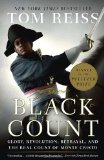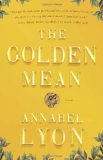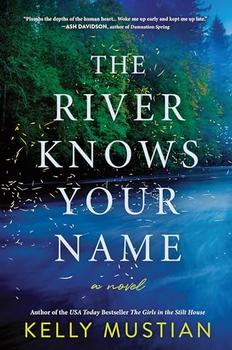Summary | Excerpt | Reviews | Beyond the book | Read-Alikes | Genres & Themes | Author Bio

He came from over the horizon, a single Mongol warrior surrounded by his brothers, sons, and fellow tribesmen. For centuries, primitive tribes had warred with one another. Now, under Genghis Khan, they have united as one nation, setting their sights on a common enemy: the great, slumbering walled empire of the Chin.
Conn Iggulden’s novels are grand historical tales of conquest and vengeance, cruelty and greatness. Now the acclaimed author of Genghis: Birth of an Empire delivers a masterful new novel of the mighty Mongol conqueror—as Genghis Khan sets out to unify an entire continent under his rule.…
He came from over the horizon, a single Mongol warrior surrounded by his brothers, sons, and fellow tribesmen. With each battle his legend grew and the ranks of his horsemen swelled, as did his ambition. For centuries, primitive tribes had warred with one another. Now, under Genghis Khan, they have united as one nation, setting their sights on a common enemy: the great, slumbering walled empire of the Chin.
A man who lived for battle and blood, Genghis leads his warriors across the Gobi Desert and into a realm his people had never seen before—with gleaming cities, soaring walls, and canals. Laying siege to one fortress after another, Genghis called upon his cunning and imagination to crush each enemy in a different way, to overcome moats, barriers, deceptions, and superior firepower—until his army faced the ultimate test of all.
In the city of Yenking—modern-day Beijing—the Chin will make their final stand, setting a trap for the Mongol raiders, confident behind their towering walls. But Genghis will strike with breathtaking audacity, never ceasing until the Emperor himself is forced to kneel.
Not much of the book is devoted to character development. The reader isn't really given insight into Genghis's thought processes and motivations. There's very little here that suggests the charisma the real-life Genghis must have possessed to unite the nomadic tribes under one rule. Other characters are equally one-dimensional. The dialog, too, is stilted - a bit like what you'd expect from a Conan movie. Much of it is over the top, particularly the motivational speeches (along the lines of "We will kill all the men and delight in the weeping of their women!"). These flaws, however, do little to diminish the overall appeal of the book...continued
Full Review
(678 words)
This review is available to non-members for a limited time. For full access,
log in with your library card.
(Reviewed by Kim Kovacs).
As Genghis Khan consolidated the nomadic tribes of the Asian steppe, he realized that a consistent rule of law was necessary to maintain order. He accomplished this by creating his "Yasa" (or "Yassa"), a comprehensive set of rules governing nearly all aspects of Mongolian life and culture. The original
Yasa ("decree" or "order") is thought to have been written on scrolls bound into volumes, and kept in a secret archive to which only the khan and his advisers had access, but the rules were widely known and observed, and in
many cases were adopted by rival cultures. They codified religious tolerance and social equality, which helped promote peace between the diverse peoples who made up the Mongol Empire*.
Some examples:
This "beyond the book" feature is available to non-members for a limited time. Please log in with your library card.

If you liked Genghis: Lords of the Bow, try these:

by Tom Reiss
Published 2013
Here is the remarkable true story of the real Count of Monte Cristo – a stunning feat of historical sleuthing that brings to life the forgotten hero.

by Annabel Lyon
Published 2011
A startlingly original first novel by "this generation's answer to Alice Munro" (The Vancouver Sun) - a bold reimagining of one of history's most intriguing relationships: between legendary philosopher Aristotle and his most famous pupil, the young Alexander the Great.



The fact of knowing how to read is nothing, the whole point is knowing what to read.
Click Here to find out who said this, as well as discovering other famous literary quotes!